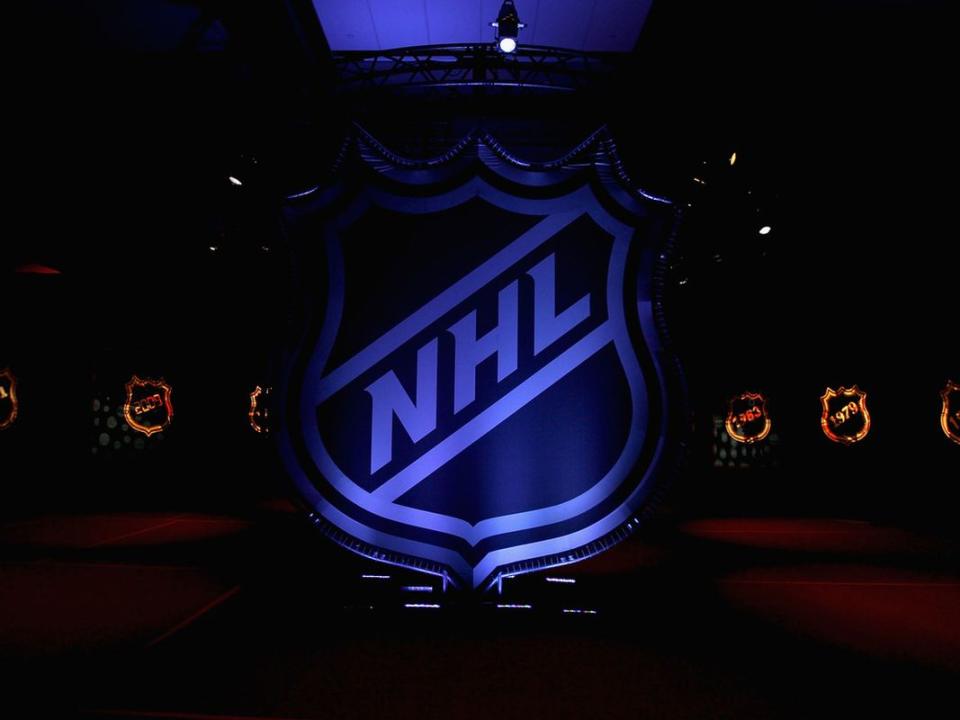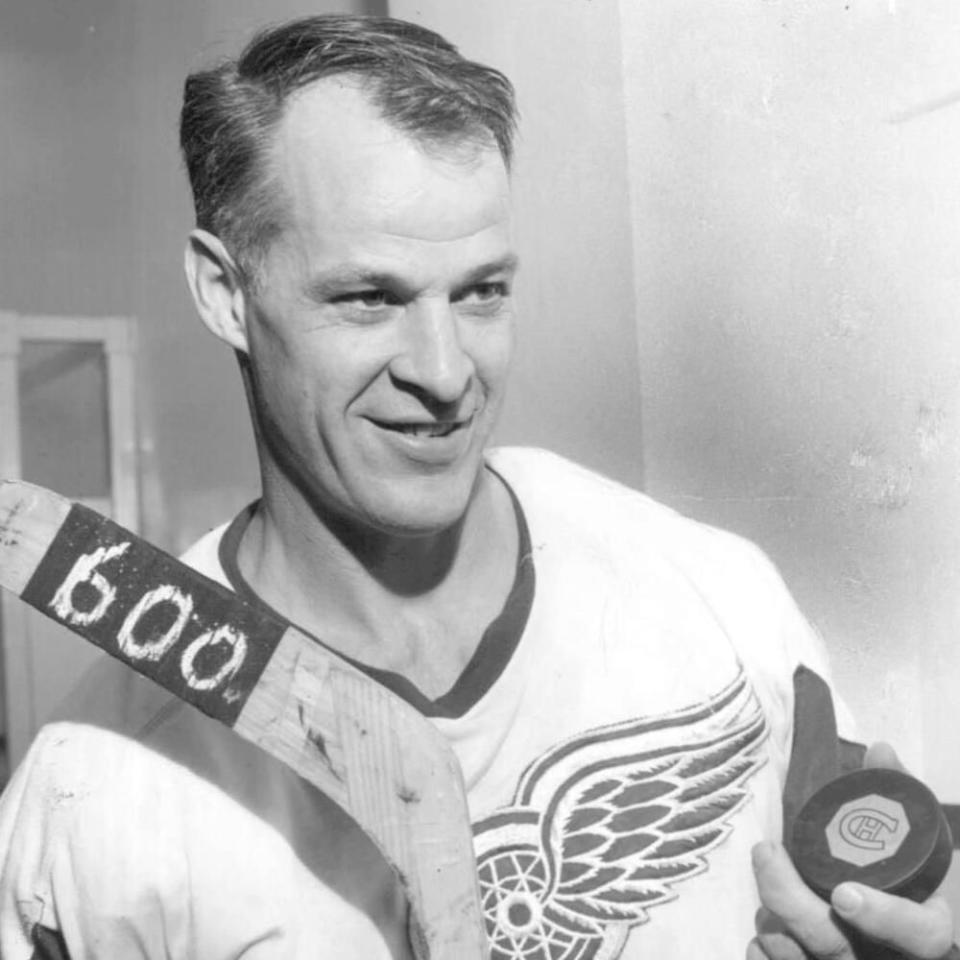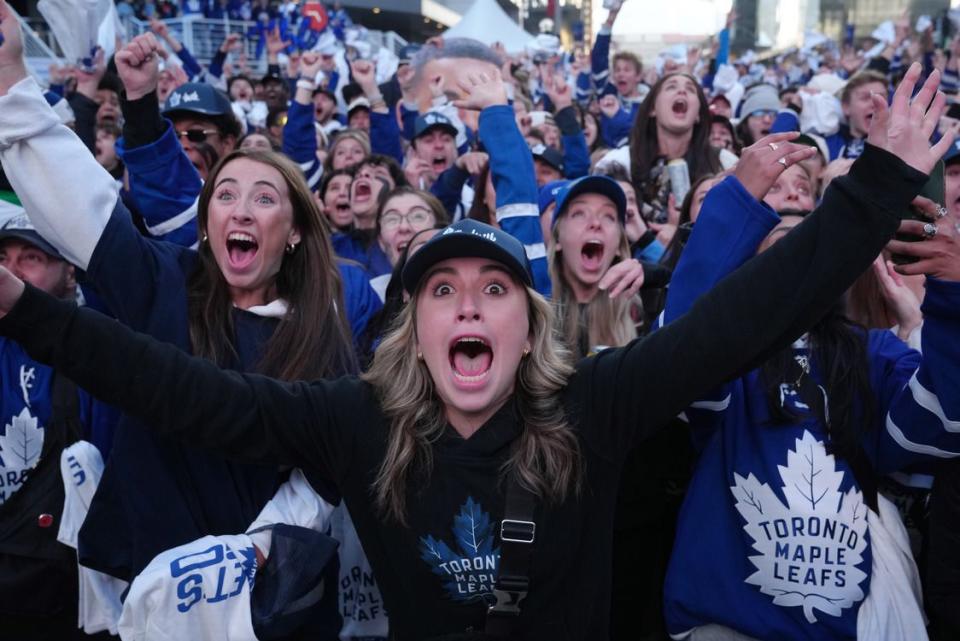From Gordie Howe to Gary Bettman, how American interests dominate Canada's game

Economist Neil Longley reels off his hockey credentials: He is 64 years old, grew up in Regina, not on a farm, although close enough, and, like most other Canadians of his era, he “lived and breathed hockey.” It was all about the game, so much so that he made a career out of it as a professional academic.
A new book, A Whole New Game, by the professor emeritus at the University of Massachusetts Amherst’s Isenberg School of Management, looks at the great Canadian sport, and how the country that once upon another age produced all the players, and most of the passion for hockey, has become a northern appendage of the National Hockey League.

Sure, as Longley tells it, this country still has plenty of storied franchise histories to endlessly squawk about, but there is little beyond history to distinguish, say, the Montreal Canadiens from its American-based NHL corporate cousins.
How in the name of Gordie Howe did hockey get here? With the puck already dropped on a new season, Longley spoke of the demise of the Saskatchewan farm boy, why Canada may never get another NHL expansion team and what might have happened here if the professional game evolved along the lines of European soccer.
FP: In the days of yore, the NHL was full of quintessential Saskatchewan farm boys, with Howe being the most famous. In the 1950-51 season, for example, 39 NHL players were from Saskatchewan, a number second only to Ontario at 60. Today, there are 26 Saskatchewanians in the league compared to 191 from Ontario. Where did all the Saskatchewan farm boys go?
Neil Longley: I would also equate northern Ontario mining towns with rural Saskatchewan in that there were experiences boys had growing up in those areas that were simply different than boys growing up in the cities. It is important to remember that the NHL of the 1950s was a very physical league. For all his scoring prowess, Howe, from Floral, Sask., was a very physical player, and Eddie Shore, also from rural Saskatchewan, from the generation before Howe, was one of the fiercest competitors the league had ever seen. But as Canada grew beyond simply being a resource economy, and technological changes reduced the number of people working on farms, people moved to the cities. And the same thing occurred in those northern Ontario resource towns.

The other part of it was an evolution in the style of play. The Winnipeg Jets of the World Hockey Association came along in 1972 and they became well known for bringing in a lot of high-profile Swedes and Finns, such as Ulf Nilsson and Anders Hedberg, who were brought in to play with Bobby Hull. As a unit, they were spectacular, and the fast-paced, skills-based game we see today has its origins with those Winnipeg Jets teams of the 1970s. More speed and more scoring meant greater appeal to the American audience, and in revolutionizing the game, that player from northern Ontario and rural Saskatchewan was further squeezed out.
FP: Every country in Europe, no matter its size, has its own domestic professional soccer league. Why not a domestic hockey league in Canada, say, for Saskatchewan farm boys and other homegrown players?
NL: Canada was historically ripe to develop a domestic-style league in hockey. In the development of the sport itself, all the players came from one country, meaning Canada, and they ended up in a country where none of the players came from, playing for the four Original Six era American NHL franchises: Boston, New York, Chicago, Detroit.
But what happened after the Second World War was that the Canadian Amateur Hockey Association reached an agreement that effectively gave the NHL control over junior hockey in Canada. So, Canada had all the players, and the NHL had all the control.
One could argue the situation mirrored the rest of Canada: a resource-based economy that someone else would develop and package into a product and sell. Today, the NHL brand and its teams are entrenched, and any possibility of a Canadian domestic league is a ship that sailed a very long time ago.
FP: Canada is an underserved NHL market with cities aplenty — Hamilton, Kitchener/Waterloo, Ont., the Greater Toronto Area, Quebec City — all arguably worthy of an expansion team. What does the NHL have against Canada?
NL: This really gets back to the m-word in major pro sports, and that is monopolies. The National Hockey League is the 32 owners of the current franchises. Their sole basis for making decisions, at least from my perspective, is greater profitability and collective profitability, and so the fact that the league hasn’t shown a lot of interest in expanding to Canada basically tells me that they believe it is more profitable to move to other cities.
There was the recent expansion in Seattle. We have also been hearing a bit about other non-hockey markets, such as Houston and Salt Lake. In the Canadian context, and I wouldn’t be doing justice to my roots if I didn’t add Saskatoon to the Canadian list — which, if you remember, actually looked as though they might get the St. Louis Blues back in the 1980s — it is not that another NHL franchise couldn’t operate in Canada and be profitable; it’s that from a finance perspective, would it be profitable enough for the NHL?

FP: But Canadians are crazy for hockey.
NL: Major pro sports leagues are extremely valuable commodities. To sustain the value of the franchises, the leagues can’t overexpand. Could the NFL add another 16 franchises in the U.S.? Sure, but they would be giving up a valuable commodity, which is scarcity. And that is what drives bargaining power with cities and municipalities on things like arenas, and all that kind of stuff.
The reality in a closed league, like in North America, is that expansion becomes Quebec City versus Houston; the question is never Quebec City and Houston. It is one or the other.
FP: What might the NHL look like without its monopoly?
NL: If you look to Europe, again as an example, there is a German Bundesliga team, Hoffenheim, owned by Dietmar Hopp, a billionaire. Hoffenheim was in the lower, lower-tier leagues when Hopp bought the club. He poured tens and tens of millions into the team and eventually, over about a 15-year span, Hoffenheim was promoted to the Bundesliga.
My point in using Hopp and Hoffenheim as an example is that in some of these other markets, unlike the NHL, there isn’t an entry system of gatekeepers. Hopp didn’t need to get the approval from the other owners of the Bundesliga to do what he did. He did it anyway. But in the NHL, you need the other owners to buy in. In a competitive market, you wouldn’t see that. The potential 33rd NHL franchise is going to come along at some point, and it is going to be an extremely valuable commodity to the NHL. The NHL is not going to willy-nilly say, ‘Here, you take one,’ because it is the tight control and franchise scarcity that the league’s market power derives from.
FP: Which is a nice way into asking about the most-hated hockey man in Canada: NHL commissioner Gary Bettman. Has he been a win for the business of hockey?
NL: Bettman gets booed here in the States sometimes, too, and I don’t really know why. But he has been a hands-down win for the NHL owners. He has done a fantastic job for the existing owners, but the business of hockey — beyond the business of the NHL — is a whole different question.
Bettman has increased franchise values exponentially. The league now follows best practices, and it looks almost indistinguishable from the other major pro leagues in terms of its marketing machine and the carefully scripted messaging. It is a classic business success story … for those 32 NHL owners.
• Email: joconnor@postmedia.com
Bookmark our website and support our journalism: Don’t miss the business news you need to know — add financialpost.com to your bookmarks and sign up for our newsletters here.
